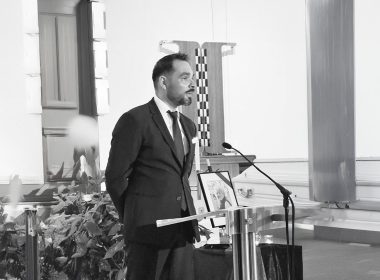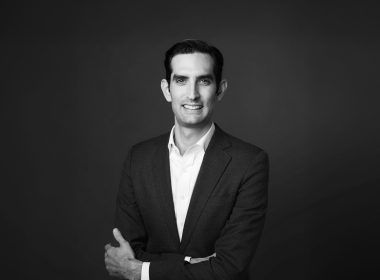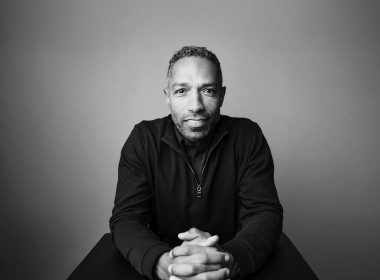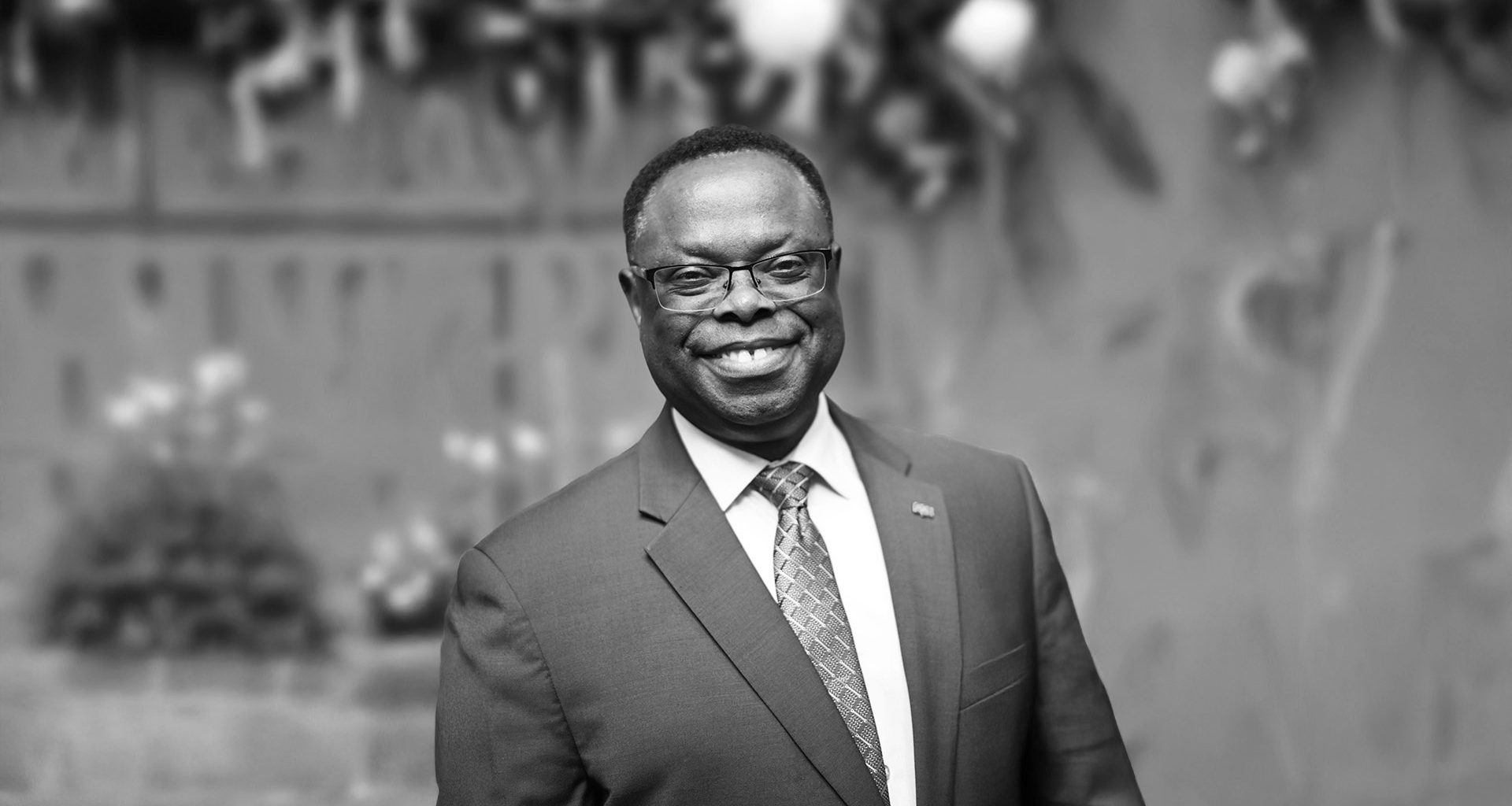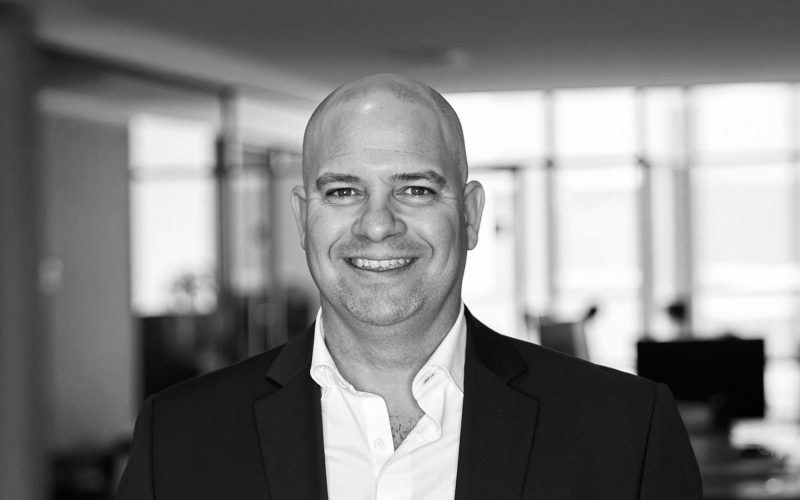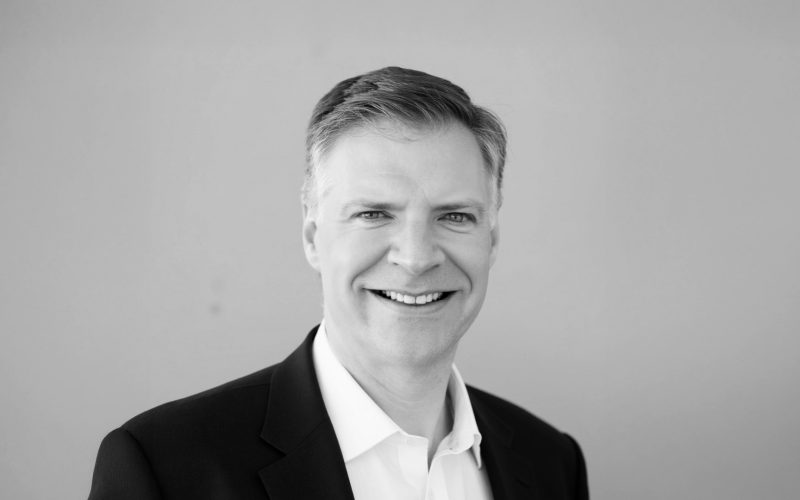Major capital projects are becoming more complex, more scrutinized, and more interdependent than ever. As governments, private equity investors, and operators push for growth while managing geopolitical risk and sustainability expectations, the margin for error has narrowed. Projects fail not only because of technical challenges but because organizations struggle to align people, systems, and decisions at the scale these programs demand.
“Technology builds capacity, process drives consistency, but leadership creates legacy,” says Akin Oni, who has focused his career exactly where these forces converge in the context of large‑scale capital development. With three decades across liquefied natural gas (LNG), oil, natural gas, refining, mining, and infrastructure development, he has witnessed how ambition can outpace capability and how governance can either steady a vision or allow it to drift. He believes sustainable outcomes emerge when capability, structure, and character reinforce one another rather than compete for influence.
Setting Technology in Its Proper Role
The global push toward digital transformation has reshaped how projects are conceived and delivered. Tools such as predictive analytics, AI‑enhanced forecasting, and digital twins are expanding visibility into risk, cost, and execution, but Oni is careful to keep the role of technology in perspective. “Tools don’t deliver results, people do,” he says, underscoring his belief that technology should elevate human judgment rather than overshadow it. His approach encourages leaders to view digital systems as part of a strategic architecture, not a standalone solution. By aligning digital investments with long‑term objectives, organizations avoid the trap of chasing innovation for novelty’s sake. Oni describes this as using technology as a “strategic compass,” helping teams navigate uncertainty while staying anchored in purpose.
Designing Process That Enables Performance
Process is where projects can quietly succeed, or unravel. Over his work with global operators, private equity investors, and early stage companies, Oni has observed a recurring pattern: systems that are too rigid collapse under pressure, while those that are too loose generate chaos. “Sustainable performance demands governance frameworks that breathe,” says Oni, who advocates for structures that are strong enough to guide decisions but flexible enough to adapt as conditions shift. Agile procurement, integrated controls, and dynamic decision gates form part of this balanced approach. Oni has seen billion‑dollar programs fail simply because decision‑making became opaque or overly politicized. When teams understand their guardrails and have systems that support timely action, every stakeholder wins.
Leadership as the Determinant of Success
Technology may accelerate insight and process may instill discipline, but Oni believes leadership determines whether either can endure. “Even the best technology and processes crumble without courageous, values‑driven leadership,” he says. His experience across frontier markets and boardrooms has reinforced the same lesson: trust is the differentiator. Leaders who communicate purpose, act with integrity, and remain principled under pressure create the cultural infrastructure that sustains performance. Oni calls this the “invisible infrastructure” that keeps teams aligned when technical or financial challenges escalate.
This is why leadership development sits alongside governance and execution support in his work at Eftex Group, a firm that advises boards and executive teams on capital project strategy, development, economics, governance, execution support, and post investment reviews. He sees resilient leaders as vital to building projects that hold long‑term value rather than short‑term momentum.
Integrating for Long‑Term Impact
Oni’s overarching message is not about tools or procedures in isolation but about the interplay between them. “Sustainability isn’t only about assets,” he says. “It’s about people, performance, and purpose.” His framework invites organizations to pursue alignment across capability, control, and culture so that investments can deliver both immediate and lasting returns.
In a field where complexity is unavoidable, Oni’s voice offers measured clarity. His insights emerge from experience rather than ideology, shaped by the successes and failures of real projects across continents. For leaders seeking to build programs that stand the test of time, his integration of technology, process, and leadership provides a practical roadmap grounded in discipline and humanity.
To follow Akin Oni’s insights on project strategy, leadership, and capital effectiveness, connect with him on LinkedIn or visit his website. His latest book: Megaproject Development and Decision Making is now on presale. Order yours here: https://www.akinoni.com/megaproject-development-decision-making/

